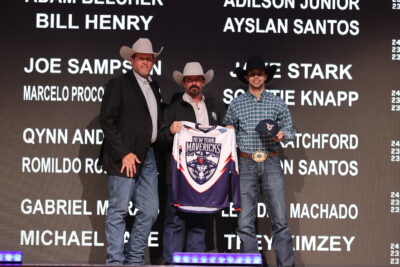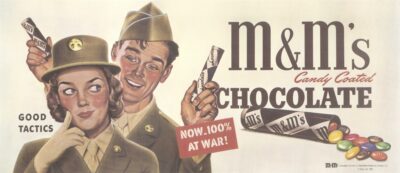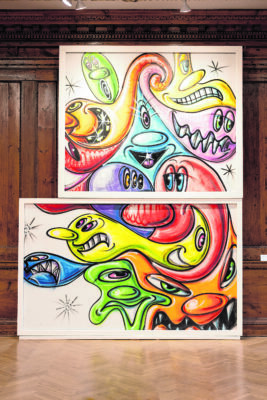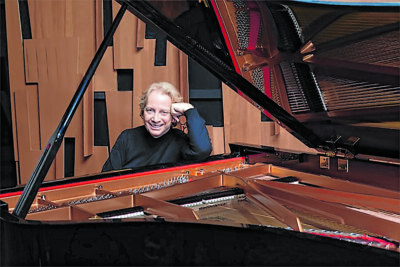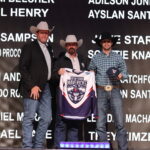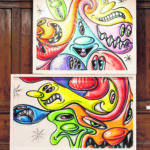Boogie brings Asian-American representation to the hardwood

(Nicole Rivelli/Focus Features)
In the grand scheme of substantial basketball movies, the main characters are usually African-Americans, be it in releases like He Got Game, Love & Basketball, Above the Rim or Coach Carter. (The less said about cheese like Juwanna Man, Like Mike and Rebound, the better). Suffice it to say, Asian-American representation has been limited to documentaries like 2013’s Linsanity and 2015’s Dennis Rodman’s Big Bang in Pyongyang. That is until the release of Boogie, the directorial debut of chef/author/food personality Eddie Huang, who also has a small acting role in his latest undertaking.
Taylor Takahashi, plays the film’s title character, Alfred “Boogie” Chin, a Chinese-American high school basketball player angling for a path to the NBA via a college athletic scholarship. Shot in various New York City locales, Huang’s project may be a coming-of-age story, but the narrative is driven by intergenerational conflicts shaped by the cultural dynamics of an immigrant family. And while Takahashi is fourth-generation Japanese and not Taiwanese like his character, Boogie’s personality and mindset is one he can relate to.

(Nicole Rivelli/Focus Features)
“I grew up very similar to Boogie and while I don’t come from an immigrant family, there were a lot of parallels with the character when it comes to my life,” he said. “When I was 16 to 18 in high school, basketball was a huge part of my life. Through similar adolescent situations, although not the same, they were in the same ballpark. For me, it was tapping into my younger self when I was a little more arrogant and on edge. I was experiencing things for the first time and was a little bit of a rebel in school. My attitude was similar to Boogie’s—I felt like the world was against me and I wouldn’t accept people’s help. There were a lot of people there to help and ultimately, I had to figure that out in life. It was very interesting to go through my own life experience that is a parallel to Boogie’s.”

(Nicole Rivelli/Focus Features)
Boogie is a project of firsts. In addition to this being Huang’s first time behind the camera, it is also Takahashi’s acting debut, a curious turn of events for the Bay Area native who moved to Los Angeles to find work as a personal trainer. Huang, who moved to the West Coast after his 2013 memoir Fresh Off the Boat was turned into a 2015 series of the same name, met Takahashi when both were playing in a San Gabriel recreational basketball league. The two quickly formed an off-court friendship and Huang eventually hired his younger teammate in December 2018 to be a personal assistant whose first duty was to help with the development of the Boogie screenplay. With the movie getting the green light in 2019, Huang spent that time trying to find someone who had both acting experience and basketball skills, eventually offering the lead to his friend. With only three hours to prepare before shooting an audition tape to send over to Focus Features executives, Takahashi recalls not feeling any pressure.

(Nicole Rivelli/Focus Features)
“I just did what I felt comfortable with, because I didn’t necessarily want the part,” he said. “I knew if I wanted it too much—or wanted it at all—then I wouldn’t be able to play Boogie in the right way.”
After accepting the role, Takahashi came to New York from the West Coast to start shooting. Overcoming his jet lag proved to be an obstacle given the grueling shooting schedule that included a normal 6 a.m. to 6 p.m. slate as well as basketball scenes shot from 6 p.m. to 6 a.m. on Manhattan’s Lower East Side when the production crew could gain access to city courts. Adding to that was Takahahsi trying to find some degree of comfort in front of the camera.
“I remember my first day—it was my only scene and I had one line,” he said. “It was when I met [basketball agent] Melvin and I slapped his hand at the restaurant. I had one line—‘Just shut up and pay me my money.’ I was nervous as hell. I was in my trailer for two hours and walked back and forth looking in the mirror a bunch of times. I had that talk with myself in the mirror. But after that first scene, I got very comfortable very fast. I felt support [from everyone] from our actors and director to the producers.”

(Nicole Rivelli/Focus Features)
Tackling the rudimentary Chinese Boogie spoke in the film also proved to be a challenge for Takahashi, someone with cursory knowledge of Japanese and is self-admittedly bad at learning new languages. He eventually reached a satisfactory point where Huang said, “He got to the level where his Chinese at least sounded like American-Chinese teenager Chinese.”
“I think the day before we started production, we had our translator Min work with me for a day leading up to the days for scenes that had me speaking Chinese,” Takahashi said. “I was on the phone with her and she’d come to my apartment, where I spent hours trying to really get it. While it was a lot of trying to get the [nuance] of the language, it was mostly trying to hammer out my lines and try to ingrain them into my head. Trying to remember the line and the different language it was spoken in was pretty difficult. But it didn’t have to be perfect because I was first-generation, making me the ABC [American-Born Chinese] here. It was more about reflecting the character.”

(Nicole Rivelli/Focus Features)
Released at a time when the United States is experiencing an extraordinarily high number of anti-Asian racist incidents, Takahashi has understandably been shaken by what has been going on. Further, he hopes Boogie succeeds in providing some kind of bridge of cultural understanding and acceptance.
“I think what’s great about this movie is the relatability factor [in which] I think a lot of people see themselves [through this lens],” he said. “It doesn’t have to be basketball or New York. They see a version of themselves in Boogie and they either know a Boogie or have been through a similar situation as a Boogie. I think the main thing it’s showing to people is that we may look different, practice our culture in different ways and there are a lot of things that point us in different directions as people. But when we really think about it and really see it, we’re a lot more alike and similar to each other than we are different. I hope Boogie brings people together in the right way and gives a representation of the Asian community that can be their beacon for a little bit of hope.”


